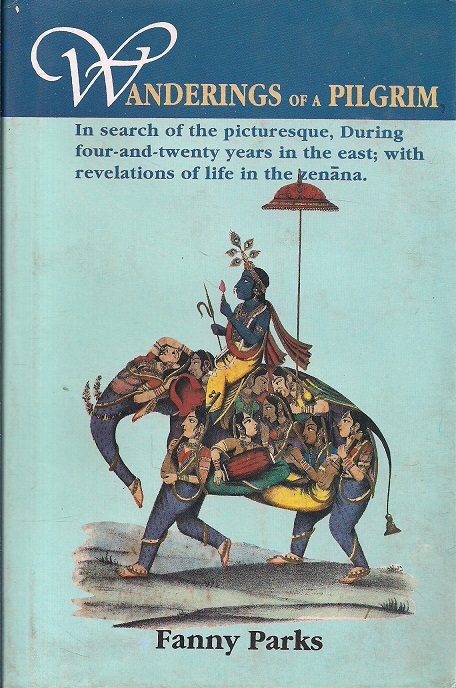
Most British officials demonstrated their ‘moral authority' in an arrogant manner. In Richard Burton’s words, “it was the tight pantaloons,..., the authoritative voice, the procurance manner, and broken Hindostani which impressed the Indians”. [1/6]
Those who relied on such a manner to demonstrate British superiority matched this with the firm belief that the bodily demeanor of the Indian should demonstrate his inferiority. The Indian body was thus transformed into a battleground, with chairs and shoes as the weapons. [2/6]
A calculated insult was the failure to offer a chair to an Indian gentleman waiting to visit a British official. In the colonial context, the chair was invested with emotional value. Henderson characterized the chair as ‘the visible sign of our civilization’. [3/6]
The Indian posture of repose, reclining on cushions, sitting or squatting on the floor, and the habit of sitting cross-legged on a chair, was regarded as a signifier of the Indians’ barbaric state of the enslaved millions of the East’. [4/6]
Therefore the British were reluctant to grant an Indian the rights to sit in a chair as this could read as an acknowledgment that he was in fact civilized enough to possess western manners. The natives were discouraged to wear boots/shoes in front of a British official. [⅚]
In 1867, the Calcutta High Court was recorded as being ‘of the opinion that 'it would be objectionable if a native was seen standing upon any carpeted portion of the Court-house with shoes of any description on his feet'. [6/6]
~ From Imperial Bodies, by E.M. Collingham
~ From Imperial Bodies, by E.M. Collingham
• • •
Missing some Tweet in this thread? You can try to
force a refresh










